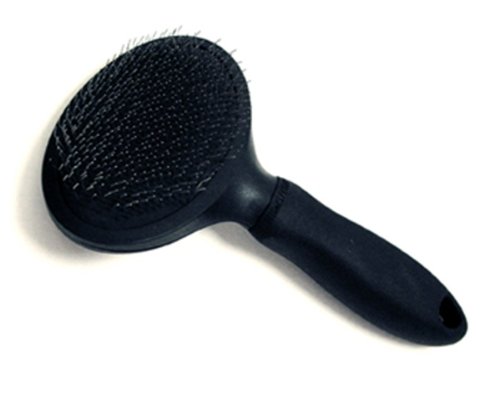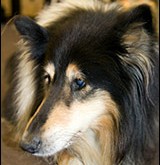The Teen Years And Your Dog
Adolescence is an important stage in your dog's life. If you disregard his development during this time, you will soon find yourself having to deal with a restless, bad mannered, inadequately socialized pooch.
The rebellious teenager?
Household etiquette may eventually decline, especially if you start taking toilet training and other good behavior for granted. However, if you taught your pet well as a puppy, the drift won't be apparent until his sunset years, when housetraining particularly tends to deteriorate.
Basic manners may take a nosedive when your dog reaches adolescence. Reward training your pooch when he was a pup was a piece of cake – he followed your commands and looked up to you with absolute respect and attention. But now he's developing adult interests, like chasing squirrels, sniffing pee and poop on the grass, checking out other dogs' rear ends, and rolling around in all sorts of stuff. These new interests may quickly become distractions to training, and suddenly your once obedient dog won't sit or stay when you tell him to.
Your pet may also tend to bite more as he gets older and develops more powerful jaws. Frequently feeding him kibble and treats by hand, allowing him to wrestle with other canines, and occasionally checking and cleaning his teeth are the best ways to make sure that your adolescent dog maintains a soft mouth.
During the adolescent years, socialization usually goes downhill. If your dog doesn't get out often and rarely meets strangers, his desocialization may happen rapidly. He may have been a social butterfly at five months old, but by eight months he has become distrustful and lacking in confidence. A previously affable dog may unexpectedly be spooked by a household guest.
Keep in mind
Your adolescent dog must continue to meet unfamiliar people on a regular basis, or else he will gradually desocialize. Proper adolescent socialization leads to successful adult socialization; it's an ongoing process.
In addition, socialization among canines diminishes during adolescence and usually at an alarming rate, especially for very small and very large breeds. After all, you can't expect a dog to be friends with every other dog. Like people, dogs have good friends, casual acquaintances, and individuals they're not too fond of. It's also natural for dogs, specifically males, to quarrel.

 How To Get Rid Of Ticks on Dogs Using Safe and Cheap Alternatives to Frontline Flea and Tick Control
Estimated reading time &ndas
How To Get Rid Of Ticks on Dogs Using Safe and Cheap Alternatives to Frontline Flea and Tick Control
Estimated reading time &ndas
 Looking for a Friend: Why the Boxer Might Be Perfect For You
The Typical Greeting of a Boxer
Looking for a Friend: Why the Boxer Might Be Perfect For You
The Typical Greeting of a Boxer
 Should You Feed Your Dog Low
The trend to remove fat from
Should You Feed Your Dog Low
The trend to remove fat from
 Caring For a Golden Doodle
Credit: www.pixabay.com
Caring For a Golden Doodle
Credit: www.pixabay.com
 Dogs and Glaucoma
Dogs and Glaucoma
Dogs and Glaucoma
Dogs and Glaucoma